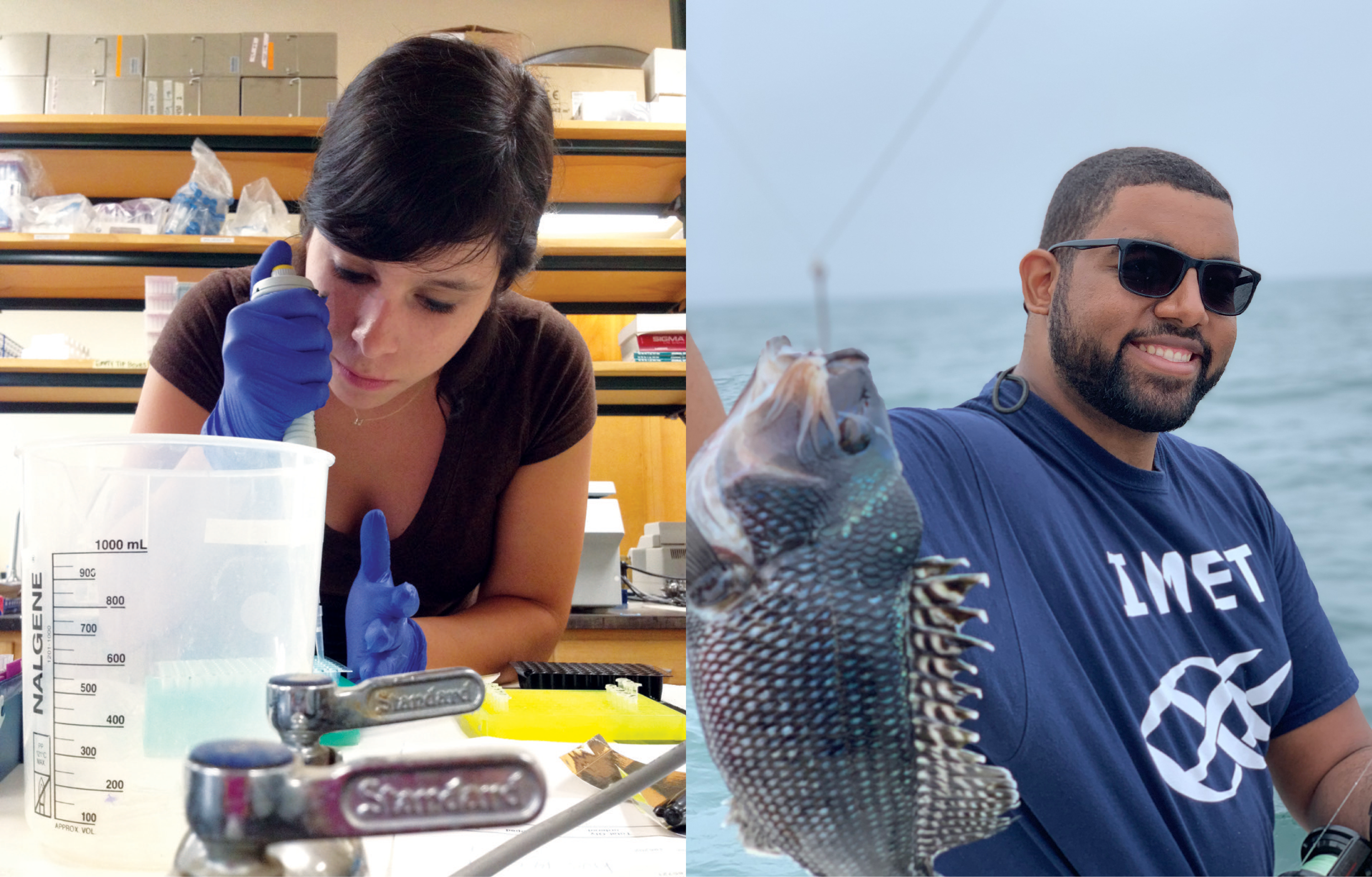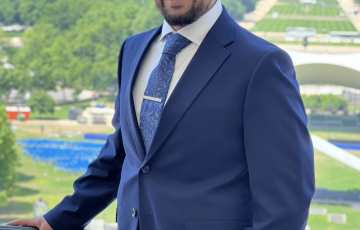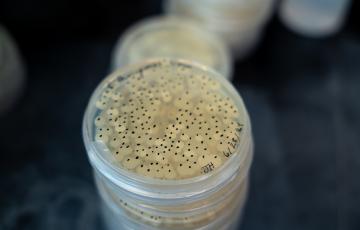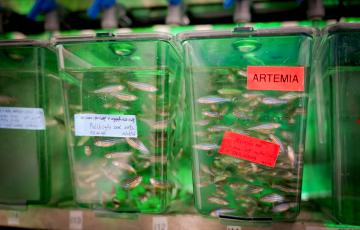IMET student and former intern receive prestigious Knauss Fellowship
Three University of Maryland Center for Environmental Science graduate students have been named finalists of the 2022 John A. Knauss Marine Policy Fellowship program sponsored by Sea Grant and NOAA. Ana Sosa, Amber Fandel and Ben Frey will be placed in a government organization at a position in either the executive or legislative branches of government on coastal and marine science policy for one year.
“As trusted scientific advisors to state and national leaders, UMCES scientists not only provide unbiased research to inform public policy but also train the next generation of environmental leaders to connect their passion for the environment to a greater good,” said University of Maryland Center for Environmental Science President Peter Goodwin, “We are once again proud to have UMCES students selected to be a part of the prestigious Knauss Fellowship program and to have the opportunity to learn about making an impact on coastal and marine science policy.”

Ana Sosa is a microbial ecologist working with Dr. Feng Chen at the Institute of Marine and Environmental Technology. She studies where and how microorganisms live, including bacteria and microalgae.
Amber Fandel is a graduate research assistant working with Helen Bailey at the Chesapeake Biological laboratory. Her research revolves around marine mammal acoustics in the Mid-Atlantic Bight and the Chesapeake Bay, investigating the communication of these animals and how they are affected by sound.
Ben Frey is a master's fellow in NOAA-EPP's Living Marine Resources Cooperative Science Center studying ecological systems and fisheries biology at the Chesapeake Biological Laboratory, advised by Dr. Rose Jagus and Dr. David Secor. His research seeks to support age-structured fishery assessments and allow fisheries managers to make well-informed assessments of stock status on which to build sound management practices.
This year’s Knauss Marine Policy Fellowship comprises students and recent graduates from 51 universities. The finalists completed coursework and research in a range of fields, such as agronomy, anthropology, ecology, environmental policy and law, fisheries, geology, marine and coastal sciences, several disciplines of oceanography, tourism management, and urban and regional planning.
This fall, the 2022 finalists will participate in a virtual placement week to get to know each other and interview with potential host offices. Following placement, they will begin their fellowships in February 2022.


